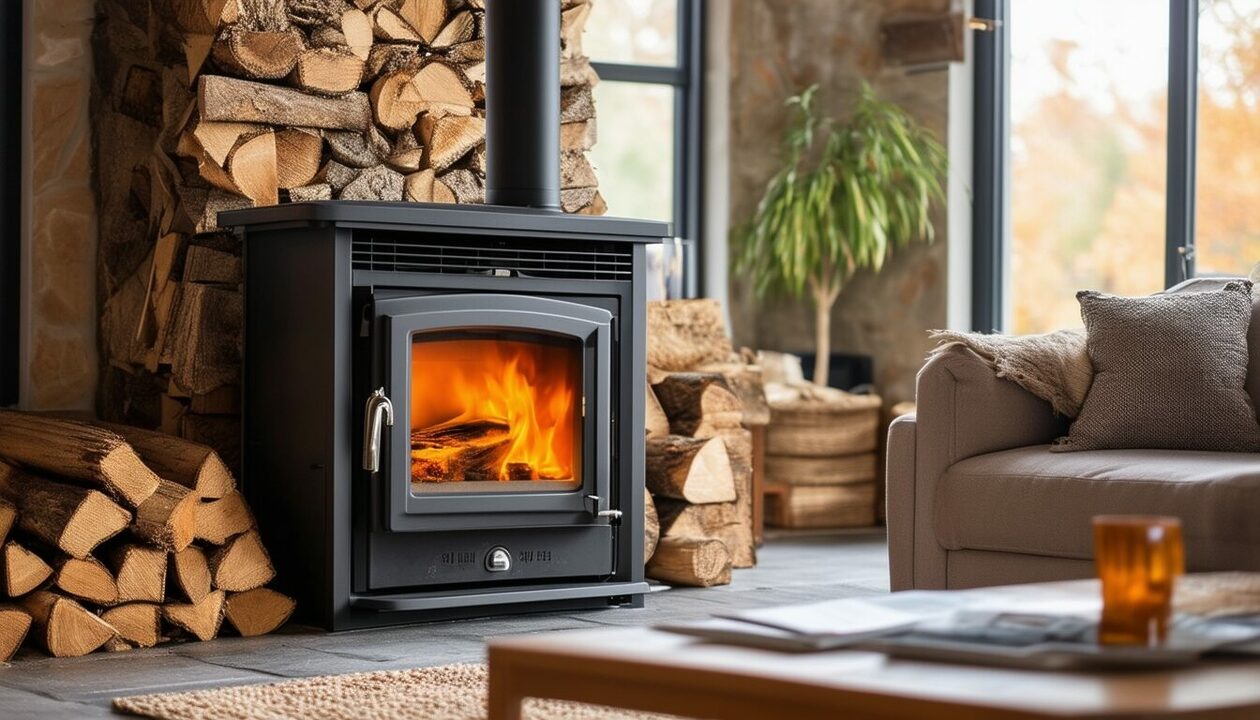Faced with growing environmental concerns and the need to optimize energy expenditure, the choice of heating system is becoming more and more important. A study carried out by researchers from theTechnical University of Munich recently highlighted the advantages and disadvantages of different types of heaters, apparently placing the heat pump at the top of the most economical systems. Let’s get to the heart of the matter by analyzing the results and the methods used by the researchers.
The results of the German study on heating systems
An in-depth eco-efficiency analysis
Researchers carried out a rigorous evaluation on 13 heaters. The process consisted of carrying out dynamic simulations to determine the needs for fuel and electricity for each system. This work made it possible to identify which devices prove to be the most profitable in the long term, taking into account not only installation costs, but also operating costs as well as environmental impact.
The most profitable systems revealed by the analysis
The results show that the heat pumps — in particular the air/water and air/air models — stand out for their profitability. Heating in gas has also demonstrated its economic performance, but it seems that the heat pump has a slight advantage in terms of eco-efficiency, in particular by integrating photovoltaic systems. This study thus highlighted the importance of considering both economic performance And environmental impact heating devices.
Methods used for evaluation

Assessment of economic and environmental performance
To support their conclusions, the researchers chose the life cycle analysis (LCA) method to gauge the environmental impact of the systems studied. At the same time, they applied the net present value (NPV) to determine the economic aspects. This dual perspective made it possible to draw up a complete assessment, taking into account initial investment costs and variations in energy prices over the long term.
The challenges of expertise
However, it should be noted that the results obtained depend on the assumptions made. Thus, it should be kept in mind that the installations of heating can meet diverse needs depending on the home and lifestyle of the occupants. THE heat pumps may be less optimal in areas where outside temperatures are very low, sometimes making it necessary to use additional heating.
Comparison of heating options
Heat pump: economical and ecological solution
The heat pump is often seen as a sustainable heating alternative. It makes it possible to use renewable energy from outside to heat the interior, thus offering a low operating cost. Combined with a photovoltaic system, it further improves its efficiency. But, the initial investment can be significant, which could hinder certain options.
Gas boilers: a popular choice
Gas boilers continue to appeal to many households thanks to their practicality and immediate profitability. Although they are less in line with ecological objectives, they represent an affordable and effective solution for many households. However, fluctuating gas prices can affect long-term profitability, making this model more vulnerable.
Pellet stoves: an alternative to consider
Pellet stoves, although generally associated with a lower carbon footprint, often suffer from limitations in terms of fuel availability and storage space. They can represent an economical option, but require a strong commitment in terms of logistics for the supply and storage of pellets. In addition, not all models are equal in terms of yield.
Invitation to discussion

It is obvious that the choice of the optimal heating system is not limited to a simple question of profitability, but also involves practical and ecological considerations. In light of the study results, the heat pump appears to be a wise choice for many households, but each situation requires a specific evaluation. What do you think of these conclusions? Have you already switched to one of these systems or are you considering making changes? Your comments and experiences are welcome and can enrich this debate.



